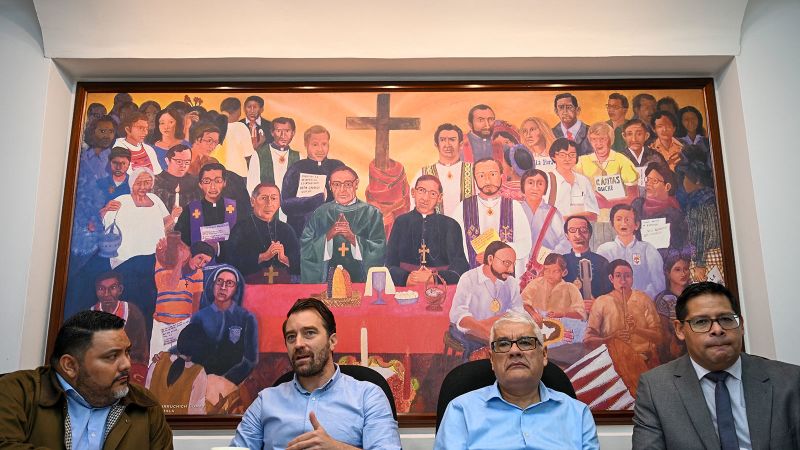Trump's Bold Spending Cuts: $9.4 Billion Targeted at NPR and PBS in 'Radical' Spending Overhaul

In a significant political triumph, Donald Trump has secured a resounding victory in Congress, pushing through a sweeping $9.4 billion in spending cuts. This move, lauded by supporters as a crucial step towards fiscal responsibility, directly impacts public broadcasting giants NPR and PBS, which Trump has labeled as exhibiting 'radical' agendas. The cuts are a direct result of the recent 'big, beautiful bill' success, demonstrating Trump's growing influence and ability to shape national policy.
The decision to target NPR and PBS has ignited a fierce debate across the political spectrum. Proponents argue that taxpayer dollars should not be used to fund organizations perceived as biased or promoting a specific political viewpoint. They contend that these institutions should operate on a purely commercial basis, relying on private donations and subscriptions.
Critics, however, warn of the potential damage to public service broadcasting. They emphasize the vital role NPR and PBS play in providing educational programming, in-depth news coverage, and cultural content that might not be readily available on commercial networks. They fear that these cuts will severely limit the organizations' ability to fulfill their mission and serve the public interest. The cuts could lead to job losses, program cancellations, and a reduction in the quality of content available to viewers and listeners.
The Scope of the Cuts
The $9.4 billion in cuts represent a substantial reduction in federal spending. While the exact allocation of these cuts remains to be finalized, it is clear that NPR and PBS will bear a significant portion of the burden. Details are still emerging, but initial reports suggest deep cuts to programming budgets and staffing levels.
Trump's Strategy and Political Implications
Trump's focus on NPR and PBS aligns with his broader strategy of challenging established institutions and appealing to his base of supporters. The move is likely to energize his followers and solidify his image as a champion of conservative values and fiscal conservatism. However, it also risks alienating moderate voters and raising concerns about the future of public broadcasting.
The Future of Public Broadcasting
The future of NPR and PBS hangs in the balance. These organizations will need to adapt to the new fiscal reality by exploring alternative funding sources and streamlining their operations. The debate over their role in American society is far from over, and the coming months will be crucial in determining their long-term viability. The cuts highlight a deeper discussion about the balance between public funding and private support for media organizations.
This latest victory for Trump underscores his ability to leverage congressional support and advance his agenda. The impact of these spending cuts will be felt across the nation, reshaping the landscape of public broadcasting and sparking ongoing debate about the role of government in supporting the arts and media.






